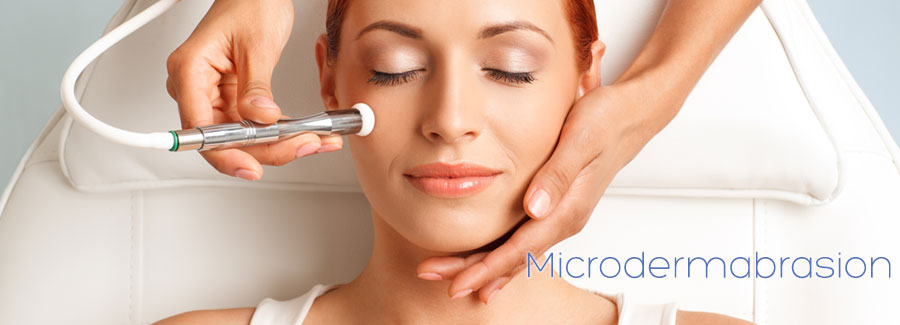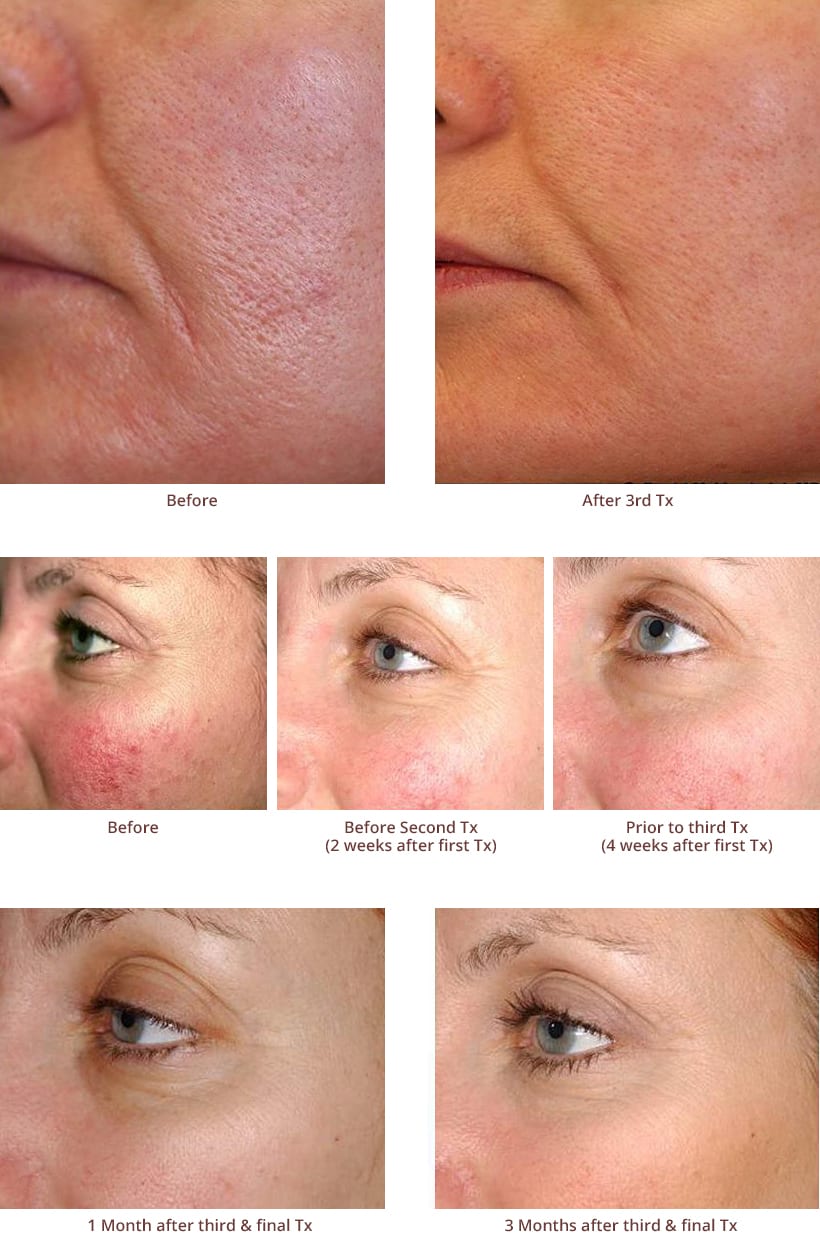Microdermabrasion is the first step to healthier, brighter skin. When it comes to your face, there’s good reason to be nervous about trying something new—but microdermabrasion is safe and simple! Here are some myths about microdermabrasion debunked!
- It hurts!
It’s completely understandable why you might think a foreign substance scrubbing away dead skin cells from your face could hurt—but this really doesn’t! In fact, it can feel almost like a massage.
- It’s risky.
Despite the long, almost intimidating name, microdermabrasion is a non-surgical procedure with minimal risk—especially when you’re having a professional skincare physician performing it.
- It’s time-consuming
The bonus of this non-surgical performance is that this procedure is short and requires no downtime! Lasting between 15 and 30 minutes, when you’re done, you’re good to go. You may have a slightly pink tint to your face for a few hours, but it will be replaced by smooth, glowing skin in no time.
- It’s pointless
Even with a regular skincare routine, it’s still important to exfoliate if you’re dedicated to clear, healthy skin. Microdermabrasion is designed to remove dead skin cells and debris that your regular nightly routine cannot do alone.
- It’s just as effective to DIY
DIY methods on Pinterest or over the counter scrubs are simply not as effective. Microdermabrasion is still a medical procedure and for effective results, it’s best to seek a skincare professional.
Sidney | 2.11.2016




